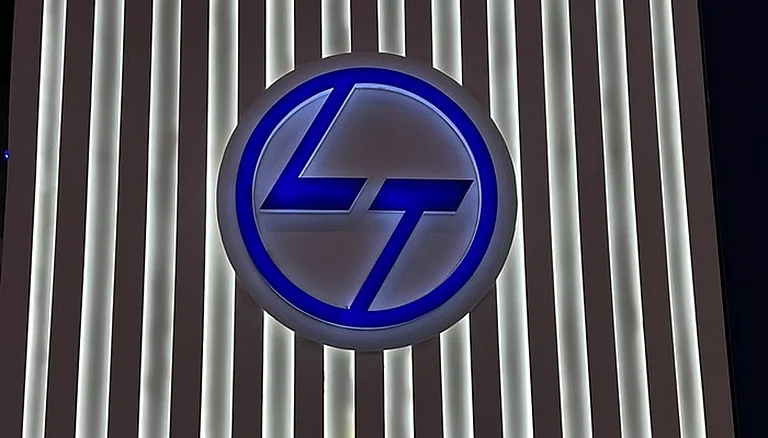In a rather progressive judgement, the Orissa High Court has recently read down the provisions of the Central Goods and Services Tax Act, 2017 (CGST Act) and the corresponding provisions of Orissa Goods and Services Tax Act, 2017 (OGST Act) to allow the input tax credit of Goods and Services tax (GST) to a mall owner who will lease the shops after completion of construction.
The petitioner in that case, like hundreds or may be thousands of other tax payers, was denied the input tax credit by the revenue authorities on various inputs and input services availed by it for constructing a shopping mall. This was based on a literal, though myopic, interpretation of Section 17(5) (d) of the CGST Act and the corresponding provision of the OGST Act as per which, the credit of inputs and input services is not available for construction of an immovable property (other than plant and machinery), when the same is undertaken on own account, whether or not in the course or furtherance of business. The revenue authorities took a stand that since the shops being constructed in the mall were for leasing and not for sale (in the present context before the issuance of completion certificate or first occupancy), the input tax credit was not available to the petitioner.
The above interpretation taken by the tax authorities is not only discriminatory but also causes double taxation – by creating a liability for payment of tax, both on input procurements and output supplies without any set-off.
Assailing the stand of the revenue authorities, the petitioner rightly challenged the constitutionality of the said provision primarily for being violative of its right to equality before law. The Constitution of India vide Article 14 promises equality before law and guarantees protection of law across the country. In terms of the jurisprudence evolved over a period of time, the said protection is understood to deny discrimination between subjects of same class. In the present scenario, a literal reading of the said provision implies that a person constructing an immovable property for sale is treated distinctly from a person who undertakes such construction for commercial leasing – which is also subject to GST at the rate of 18%.
In addition to the above, the said interpretation is also contrary to the philosophy of GST law, i.e., removal of the cascading effect of taxes and extending seamless credit throughout the supply chain. At this stage, it would not be out of place to refer to the First Discussion Paper which was released in November 2009, whereby removal of cascading was stressed repeatedly as a justification to replace the erstwhile regime with GST laws.
Relying on the above philosophy of law, the High Court rejected the interpretation of the revenue authorities and read down Section 17(5)(d) of the CGST Act to allow input tax credit of GST paid to be utilised against output liability on rental income. Interestingly, the High Court did not accept the contentions of the petitioners to quash the said provision as unconstitutional for being discriminatory and violative of Article 14. Be that as it may, the said judgement will be a silver lining for many in the real estate sector as it will help bring down project costs substantially.
The author is the Indirect Tax Partner at Khaitan & Co.


























